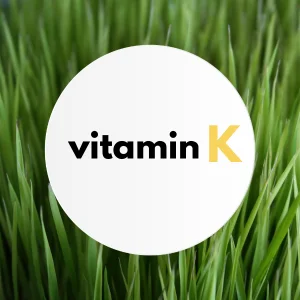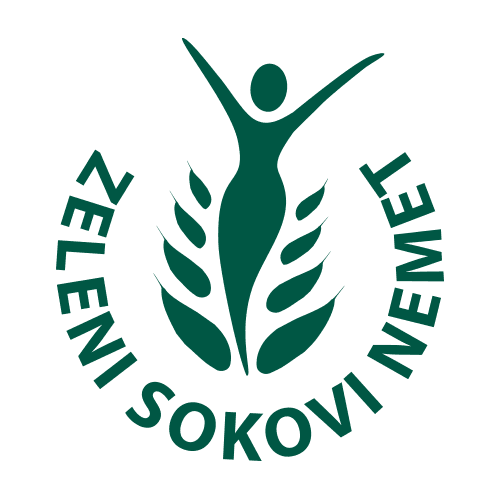Vitamin K

It is not just about a single molecule, but about seven related molecules that constitute vitamin K: these include two natural provitamins K1 phylloquinone and K2 menaquinone, and five synthetic vitamins, the most well-known of which is K3 (menadione).
The two natural forms, K1 and K2, are produced by bacteria in the intestines.
It is a yellowish crystalline compound, fat-soluble, and heat-resistant.
Vitamin K is essential for the synthesis of proteins (prothrombin) involved in the blood coagulation process. The synthesis of these proteins occurs in the liver.
A deficiency of this vitamin is rare and occurs with long-term antibiotic use, which destroys intestinal flora.
Sources of Vitamins
It is found in broccoli, spinach, kohlrabi, green lettuce, and organ meats.
Recommended Daily Dose
Daily amounts of vitamin K are very small. A healthy person can obtain sufficient amounts through food or synthesis by bacteria in the intestines. For a healthy adult, the recommended daily intake ranges between 60 and 80 mg.










